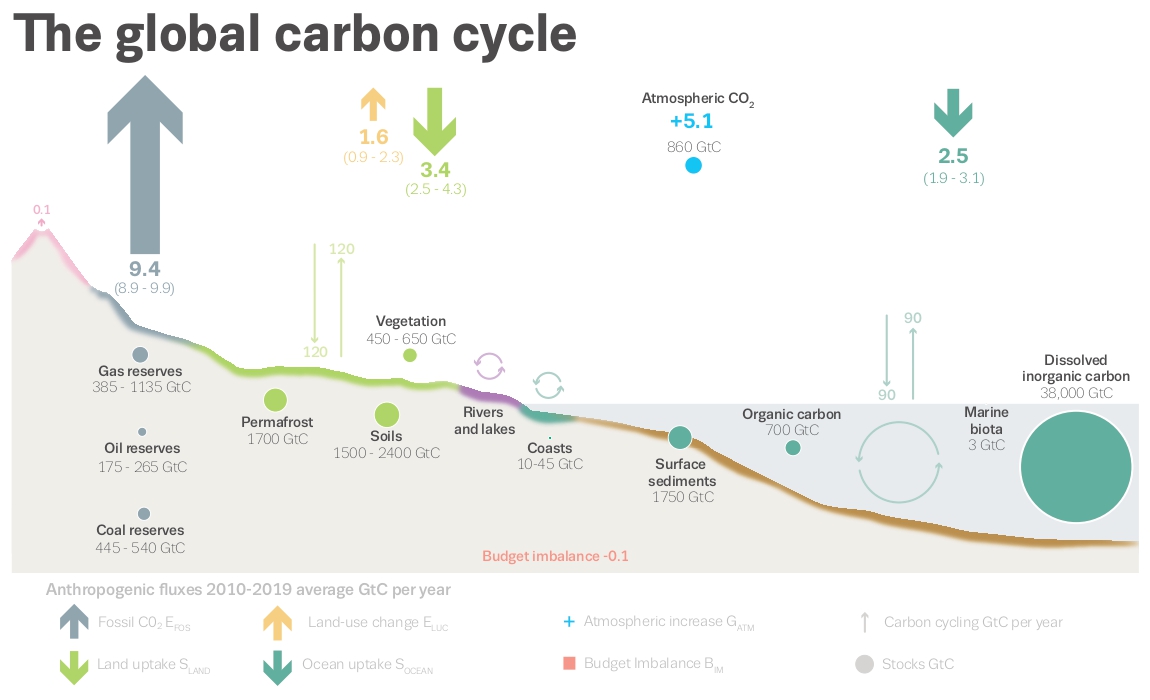4C aims to advance our understanding of the carbon cycle over the historical period, as an essential prerequisite of reliable near-term predictions and long-term projections. This will be achieved by developing and making use of novel observations and data products to constrain the land and ocean carbon fluxes and their drivers, combined with forced land and ocean carbon cycle model simulations over the historical period (1900-2020), and fully coupled ESM simulations over the last 30 years to improve our understanding of underlying processes, particularly focusing on the response of carbon fluxes to increase in atmospheric CO2, seasonal to decadal climate variability, and climatic extremes.
4C will provide new observational constraints, improved data-based products and historical model simulations to support the model evaluation against these observations. This project will also improve the key process representations and the attribution of key drivers controlling the evolution and variability of the carbon sinks.
By the end of the project, we have the ambition to improve our modelling of the processes regulating the land and ocean carbon sinks such that the combined carbon budget imbalance is reduced by a factor of two (mean absolute deviation of the BIM decreasing from 0.7 GtCyr-1 to 0.35 GtCyr-1).

Schematic representation of the overall perturbation of the global carbon cycle caused by anthropogenic activities, averaged globally for the decade of 2009-2018. Adapted from: Friedlingstein, P., et al. Global Carbon Budget 2019, Earth Syst. Sci. Data, 11, 1783-1838, 2019. doi: 10.5194/essd-11-1783-2019








